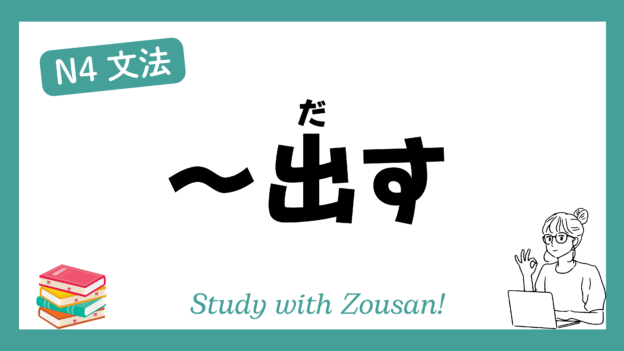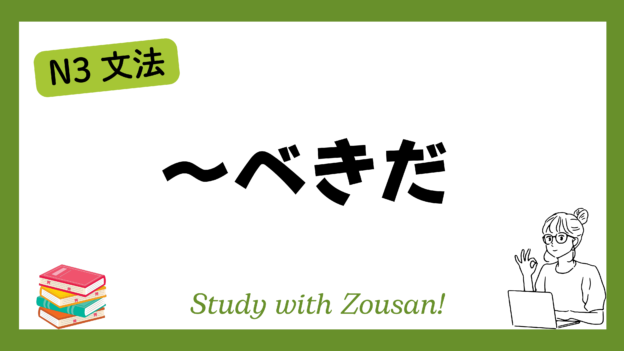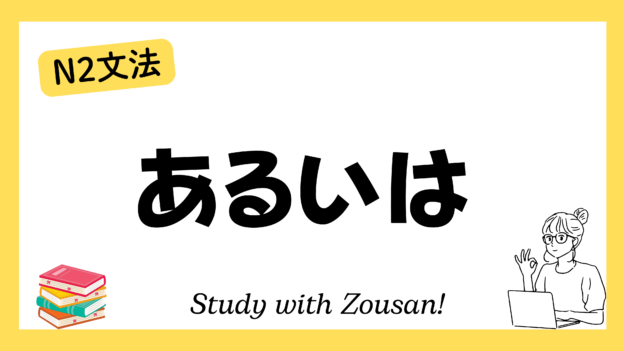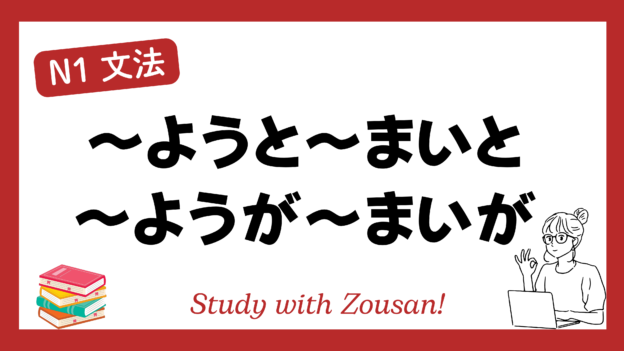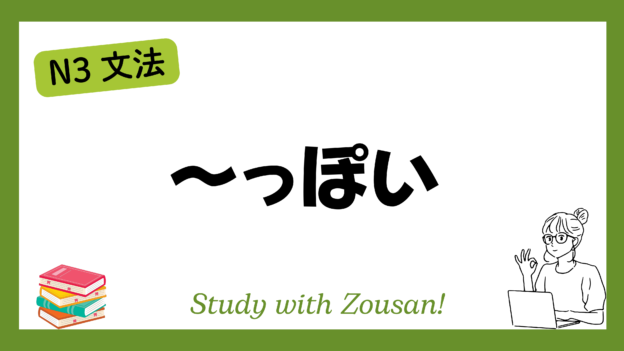N4文法:~出す
Meaning: “Start to…” / “Suddenly begin to…”
~出す is used to describe an action or state that suddenly starts or occurs unexpectedly. This structure often emphasizes the abrupt or unexpected beginning of an action.
※Note:
・~出す is commonly combined with verbs that represent actions to indicate the sudden onset of that action.
・This structure often describes rapid, unexpected changes that are usually not anticipated.
・~出す is frequently used in both spoken and written language to express actions or events that occur naturally or unexpectedly.
Structure:
| Verb |
Example:
-
-
-
🌟 彼は突然走り出した。
(かれ は とつぜん はしり だした)
He suddenly started running. -
🌟 急に泣き出すなんて、どうしたの?
(きゅう に なき だす なんて、どうした の)
What happened that made you suddenly start crying? -
🌟 雨が降り出した。
(あめ が ふり だした)
It started raining. -
🌟 彼女は笑い出した。
(かのじょ は わらい だした)
She burst out laughing. -
🌟 赤ちゃんが泣き出した。
(あかちゃん が なき だした)
The baby started crying. -
🌟 急に叫び出す人がいた。
(きゅう に さけび だす ひと が いた)
Someone suddenly started shouting. -
🌟 電車が動き出した。
(でんしゃ が うごき だした)
The train started moving. -
🌟 彼は急に話し出した。
(かれ は きゅう に はなし だした)
He suddenly started talking. -
🌟 風が吹き出した。
(かぜ が ふき だした)
The wind started blowing. -
🌟 彼女は歌い出した。
(かのじょ は うたい だした)
She started singing.
-
-



